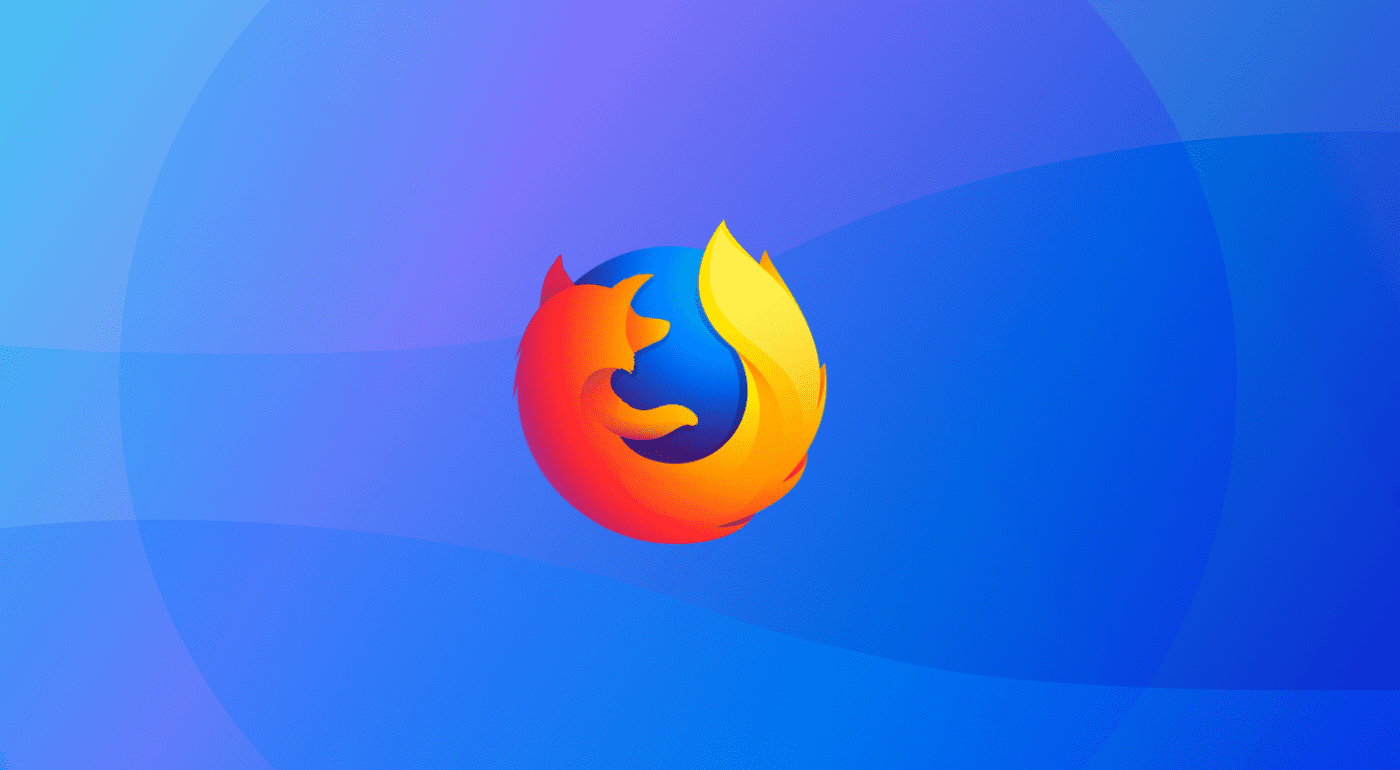One less thing on your back.
Mozilla has announced that Firefox will soon block trackers by default. In addition, new features will allow users to decide what information they share with sites they visit.
Web trackers suck. They are generally used for targeted advertising and user data collection. These features are Mozilla’s move against that crap. As a matter of fact, they see it as an extension of blocking crappy pop up ads, something they were doing back in 2004:
Some sites will continue to want user data in exchange for content, but now they will have to ask for it, a positive change for people who up until now had no idea of the value exchange they were asked to make. Blocking pop-up ads in the original Firefox release was the right move in 2004, because it didn’t just make Firefox users happier, it gave the advertising platforms of the time a reason to care about their users’ experience. In 2018, we hope that our efforts to empower our users will have the same effect.
Here are some of the features they’ve got in the pipeline:
- Blocking trackers that slow down page loads. This feature, aimed at improving page load performance, will be tested in September. If it performs well, Firefox 63 (slated for October 2018) will start blocking slow-loading trackers by default.
- Removing cross-site tracking that follow users around the web. This feature, which strips cookies and blocks storage access from third-party tracking content, will be tested with some Firefox beta users in September. Mozilla plans to bring this protection to all users in Firefox 65 (slated for January 2019).
- Mitigating harmful practices such as trackers that fingerprint users (to identify users by their device properties) and cryptomining scripts. Mozilla didn’t share when future versions of Firefox will stop these practices, but it did say they will also be blocked by default.
Coincidentally, you can try all of this out in Firefox Nightly, the bleeding edge version that Mozilla puts out for users that have to be on the edge.
As a side note, blocking all of this crap also happens to increase performance by a large margin. So, you know, net benefit.

